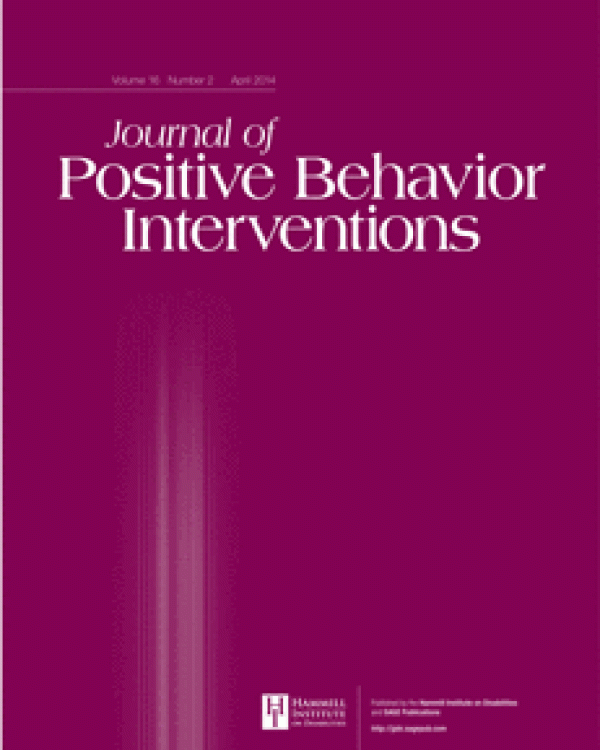
Autism is a complex disorder that shapes how affected individuals interact with other people. It has been known for some time that the key to significantly improve success with the social problems experienced by children with autism is if intervention is initiated as early as possible. As a result, many researchers are looking at ways of identifying the signs of autism among younger and younger children. At the same time, others are designing treatments to fit the unique needs of these young children.
In a study published in the April 2014 issue of the Journal of Positive Behavior Interventions, researchers from UC Santa Barbara (Lynn Kern Koegel, Anjileen Singh, Robert L. Koegel, Jessica Hollingsworth, and Jessica Bradshaw) have pushed the limit of early identification and intervention by working with three infants (ages 4, 7 and 9 months) who showed signs social difficulties. These problems included limited social interaction with others and preferring favorite objects over people. The group then modified a successful intervention approach designed for older children (called Pivotal Response Treatment or PRT) with goal of pairing activities favored by each child (for example, tickling or making silly faces) with social interactions that the child previously ignored. They found that all three infants made significant improvements in their social interaction and these important changes continued months later.
Lead researcher Lynn Koegel, Clinic Director of the Koegel Autism Center, observed that, “We were amazed at how quickly the infants’ social interaction improved after we worked with their parents. The modified PRT intervention we used assured that the babies were motivated and enjoyed their interactions. We’re hoping that if we intervene at the earliest possible point in time, we won’t see the significant challenges that result when babies do not engage for extended periods of time. What’s more, the parents who came to us were extremely concerned about their children's development and some had siblings with autism. Giving them the positive PRT strategies to use with their babies really made a difference in their abilities to engage their children.”
The Journal of Positive Behavior Interventions is the premier journal publishing research-based strategies for improving the lives of persons with severe behavior challenges. These approaches are used in homes, communities and in schools throughout the world. Regular features include empirical research; discussion, literature reviews, and conceptual papers; and programs, practices, and innovations.